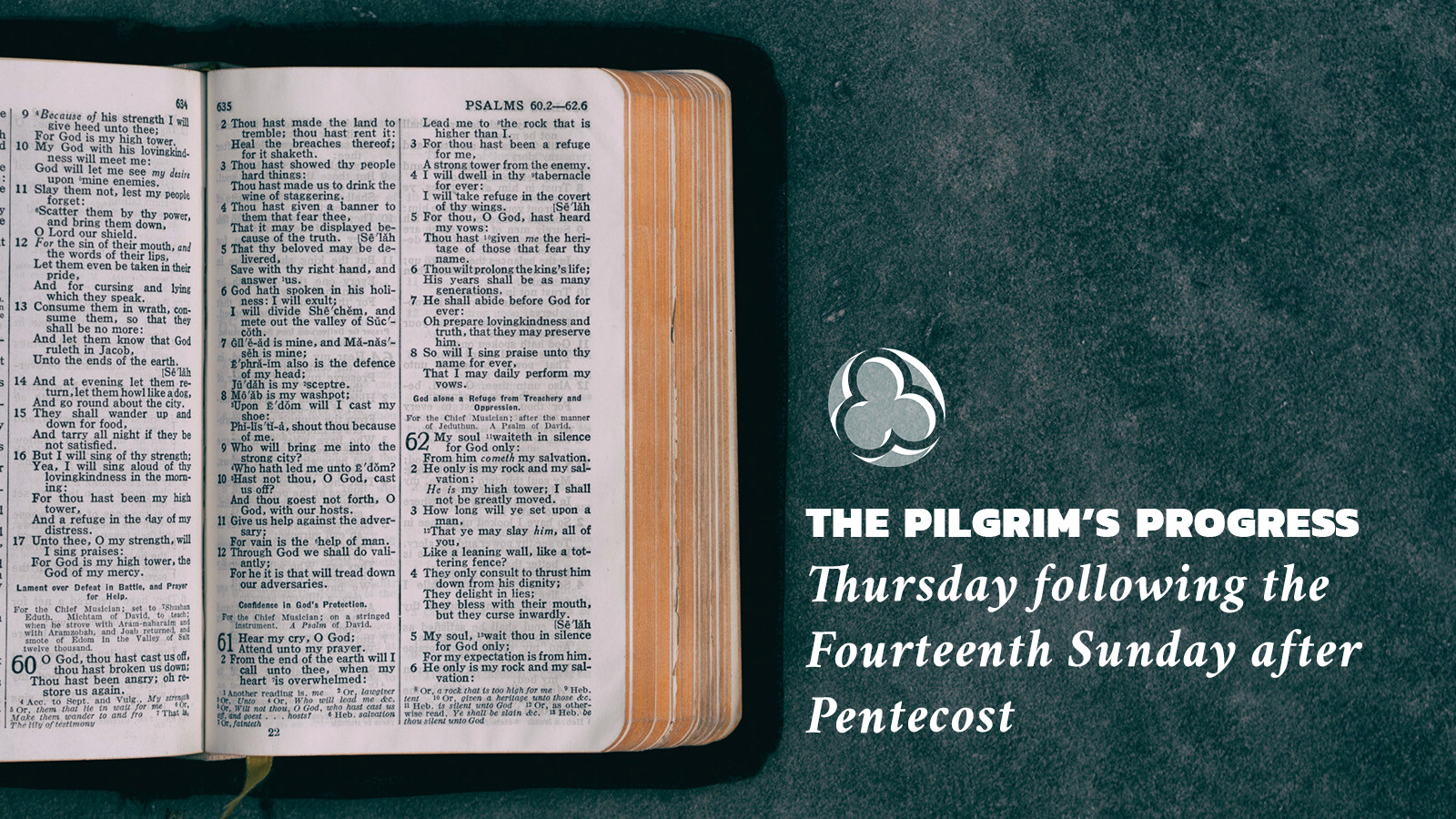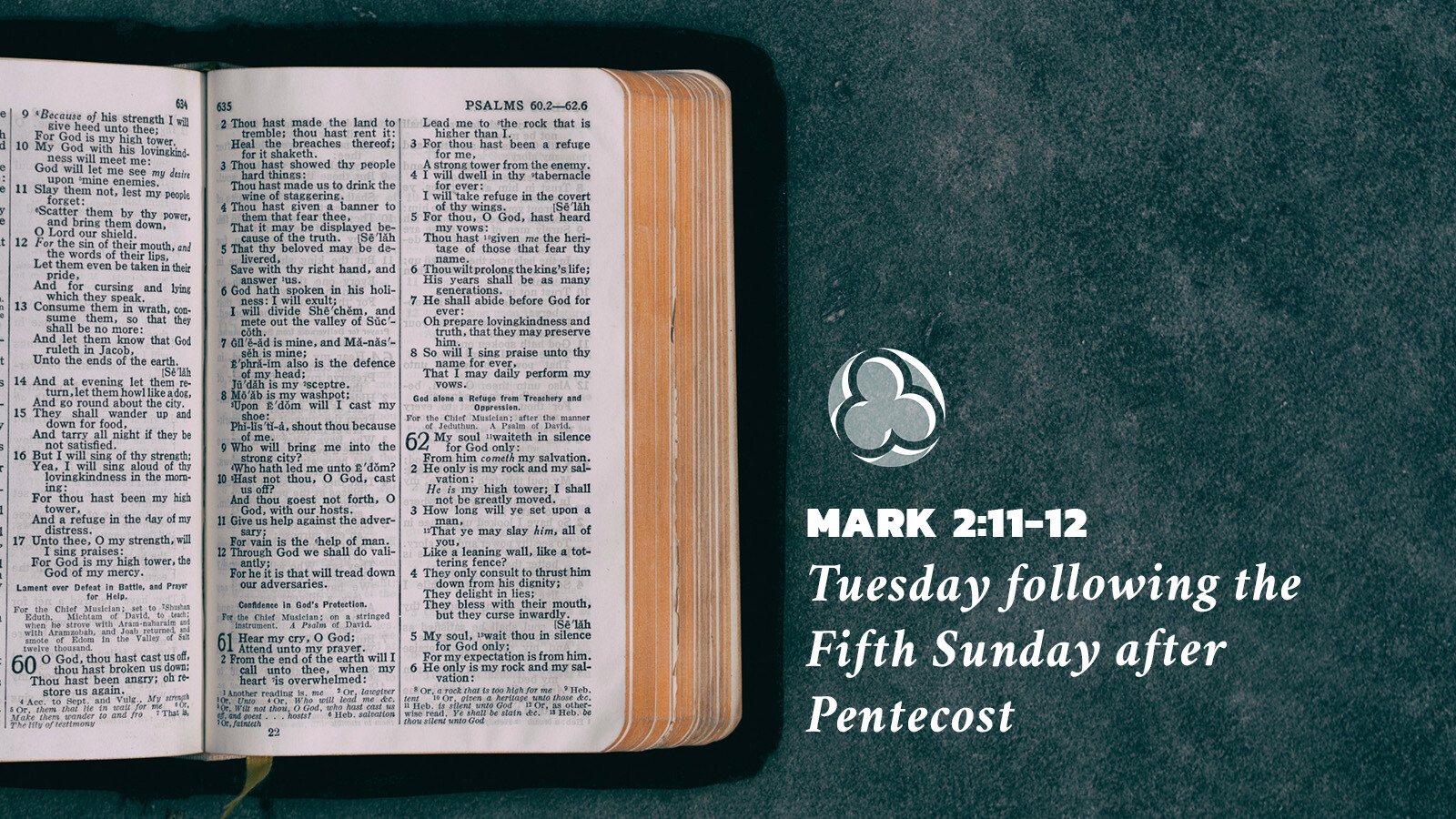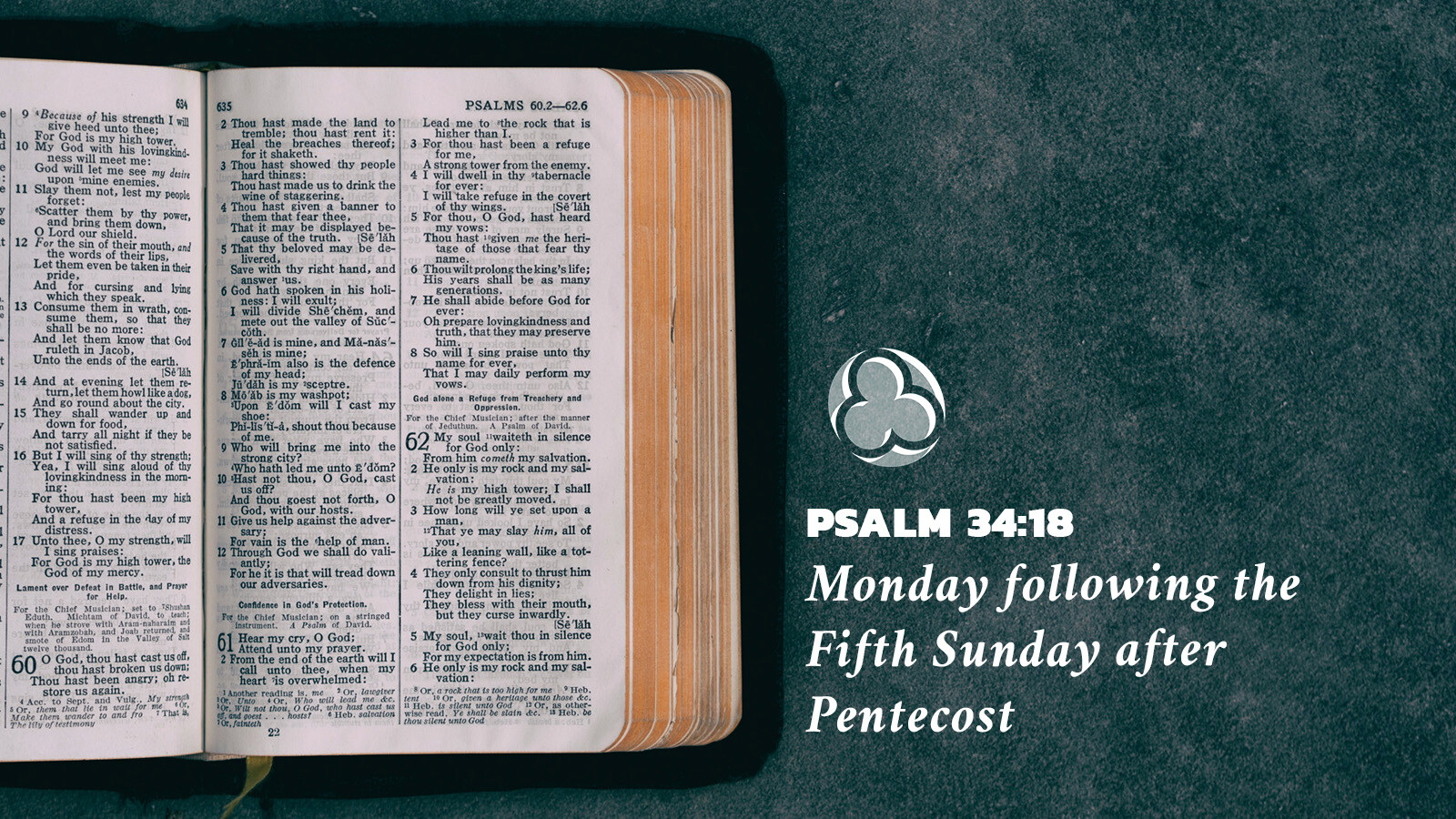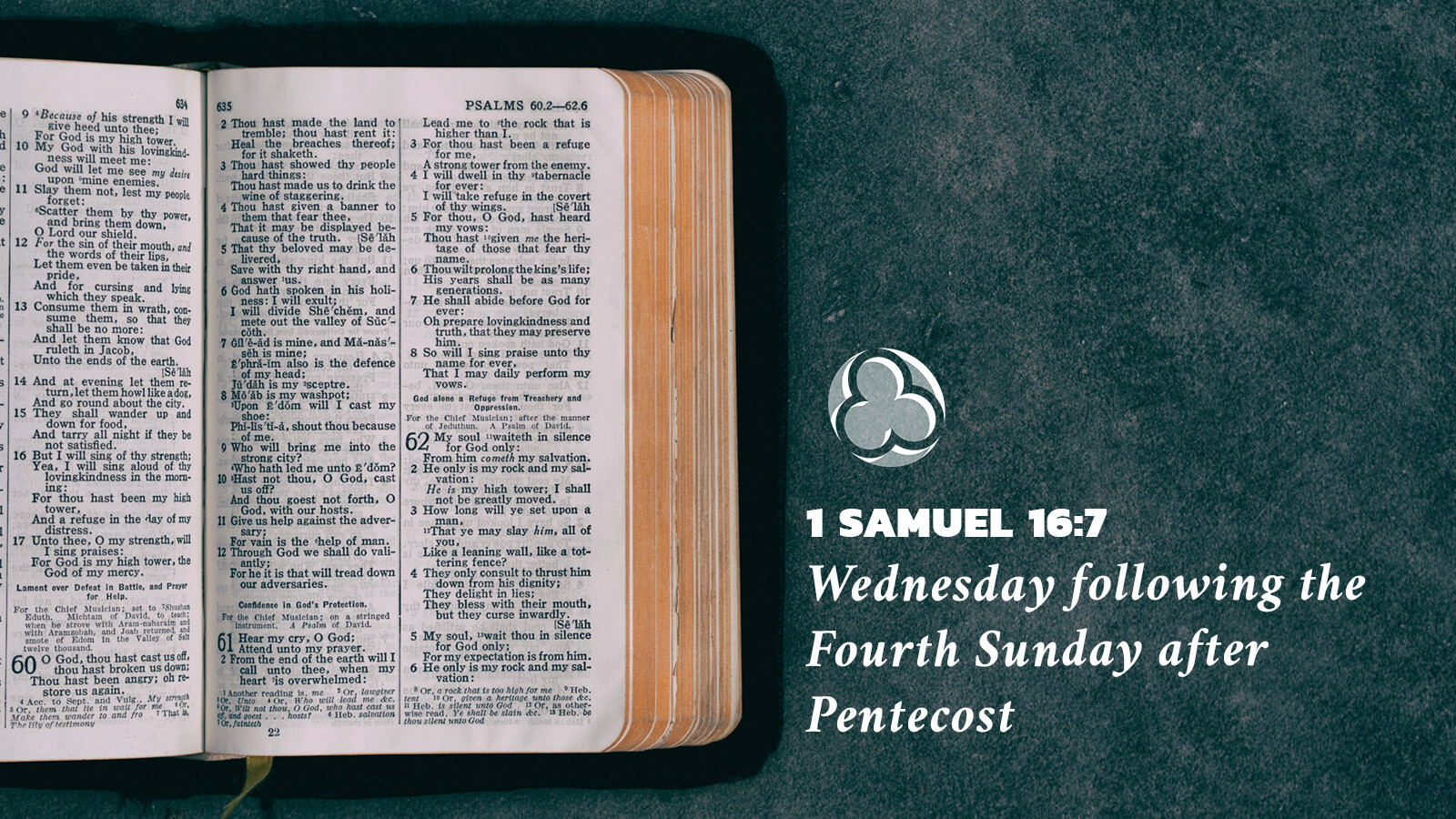
“Now when Christian was got up to the top of the Hill of Difficulty, there came two men running up against him amain; the name of the one was Timorous, and the name of the other Mistrust. To whom Christian said, “Sirs, what’s the matter you run the wrong way?” Timorous answered that they were going to the city of Sion, and had got up that difficult place; “But, said he, “the further we go, the more danger we meet with, wherefore we turned, and are going back again.”
“Yes,” said Mistrust, “for just before us lie a couple of Lions in the way, whether sleeping or waking we know not and we could not think, if we came within reach, but they would presently pull us in pieces.”
Then said Christian, “You make me afraid, but whither shall I fly to be safe? If I go back to mine own country, that is prepared for fire and brimstone, I shall certainly perish there. If I can get to the Celestial City, I am sure to be in safety there. I must venture: to go back is nothing but death, to go forward is fear of death, and life everlasting beyond it. I will yet go forward.” So Mistrust and Timorous ran down the Hill of Difficulty, and Christian went on his way.”
-From The Pilgrim’s Progress from This World, to That Which is To Come by John Bunyan (1628-1688)
The Episcopal Church remembers John Bunyan today. An English writer and Puritan preacher, Bunyan was a member of the Bedford Meeting, a nonconformist group, when, in 1660, the restoration of the monarchy ignited intolerance toward such nonconformists. Bunyan was imprisoned for 12 years, during which he began work on The Pilgrim’s Progress. It was completed during a second jail term of six months. This Christian allegory is considered to be one of the most significant works of theological fiction.
In it, we follow protagonist Christian’s journey, as, burdened by knowledge of his sin, he seeks deliverance. Evangelist directs him to the Wicket Gate. Follow the shining light. In the passage quoted above, Christian has just met two well-dressed men named Formality and Hypocrisy - pretend Christians who perish at Danger and Destruction, the bypasses near the Hill of Difficulty. As he approaches the Hill, Christian meets Watchful the porter, who advises him that the lions are chained and are in place to test the faith of pilgrims. Christian proceeds up the Hill toward the Celestial City, ignoring the warnings, fear, and lack of faith expressed by Mistrust and Timorous.
Christian subsequently arrives at the Valley of the Shadow of Death. Surrounded by the demons, gloom, and terror of the Valley, he hears the ultimate words of protection…perhaps spoken by his soon-to-be friend Faithful:
Yea, though I walk through the Valley of the Shadow of Death,
I will fear no evil: for thou art with me; they rod and they staff comfort me.
-Psalm 23:4
Christian meets Faithful on the other side of the Hill and together they reach Vanity Fair and encounter man’s fallibility for pleasure and lust. When they show contempt for the offerings of the Fair, Faithful is put on trial and burned at stake as a martyr. A celestial chariot transports Faithful to the Celestial City, and Hopeful then accompanies Christian.
Continuing the journey, they encounter others people and places, among them: Giant Despair and his wife Diffidence the Giant’s Doubting Castle, the Hill Error, the Flatterer, the Atheist, Little Faith, Ignorance, and the ferry boat Vain Hope. Finally, Christian and Hopeful manage to stay awake in the Enchanted Ground and cross the dreaded River of Death. The burden of Christian’s past sins weighs him down, but, assisted by Hopeful across the River, he reaches the glory and peace of the Celestial City.
What discussion, introspection, and enlightenment The Pilgrim’s Progress provokes. Haven’t we all met - and seen within ourselves - aspects of Diffidence and Little Faith and Mistrust? The question of what truly constitutes true faith comes to mind as a paramount feature here - the faith that requires total trust and the risk, the necessity, the difficulty of surrender to that unknown path.
I found inspiration in Henri Nouwen’s recent meditation entitled “Let Go,” which begins with the message that the world is only evil when we become its slave. He tells us that the good things of the world are for us to enjoy but only when we acknowledge that those good things are affirmations of the truth that we are the Beloved of God. And then…
The truth will set you free to receive the beauty of nature and culture in gratitude, as a sign of your Belovedness. That truth will allow you to receive the gifts you receive from your society and celebrate life. But that truth will also allow you to let go of what distracts you, confuses you, and puts in jeopardy the life of the Spirit within you.
On his perilous journey, Christian, with the help of his and others’ integrity and faith, sought the truth in the face of entrapments and seductions. He let go of the distractions and faced the lions, unburdening himself from sin and following the life of the Spirit within him. He trusted, followed, and surrendered to the will of God. Can we?
-Shaun Duncan, Meditation
-Gayla Elliott, “The Best View Comes from the Hardest Climb”
Musical Reflection - Fantasia on Greensleeves, Ralph Vaughan Williams
Prayer is a sincere, sensible, affectionate pouring out of the heart or soul to God, through Christ, in the strength and assistance of the Holy Spirit, for such things as God has promised, or according to his Word, for the good of the church, with submission in faith to the will of God.
-From A Discourse Touching Prayer by John Bunyan,
written in prison in 1662 and first published in 1663






Login To Leave Comment